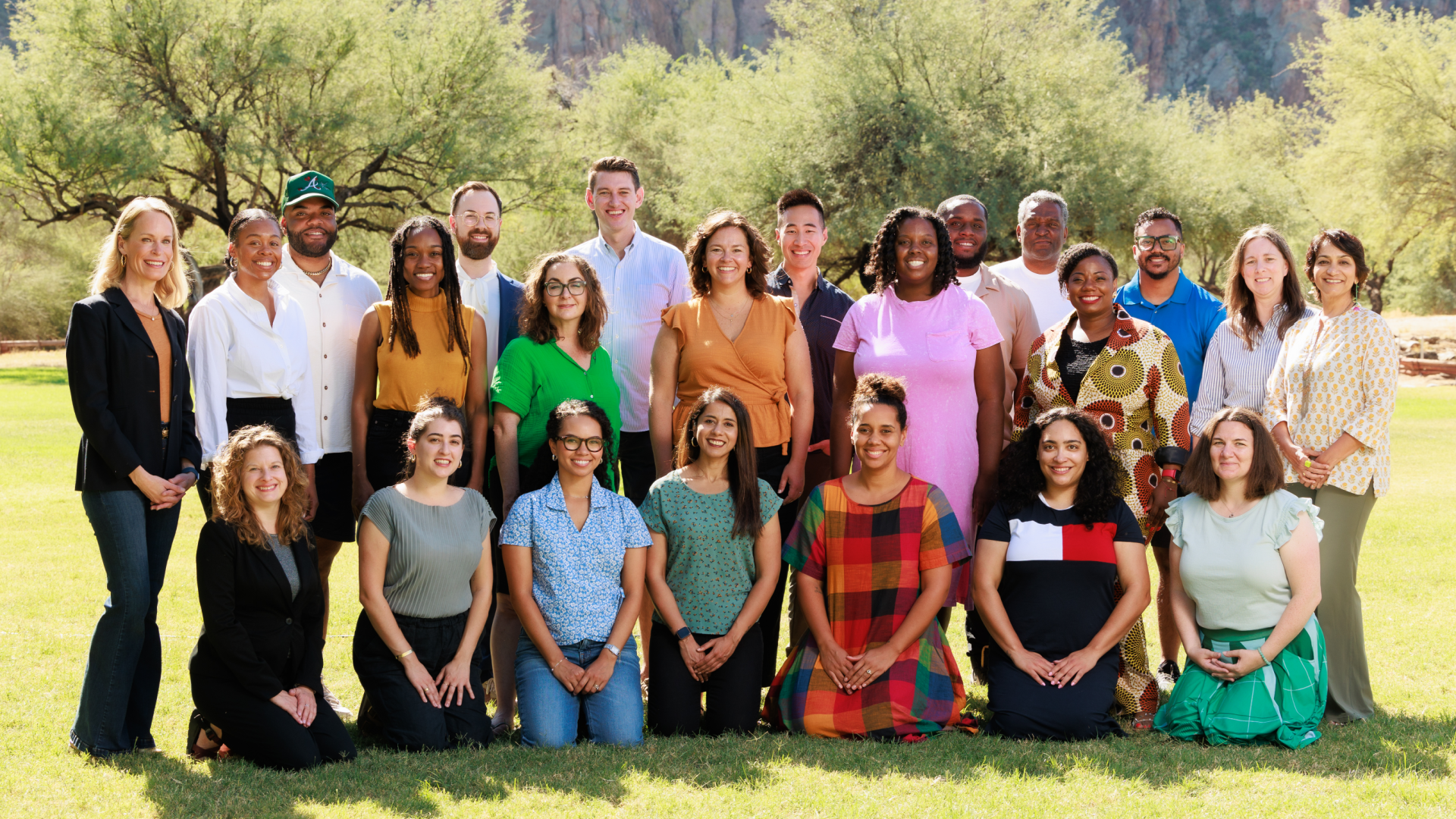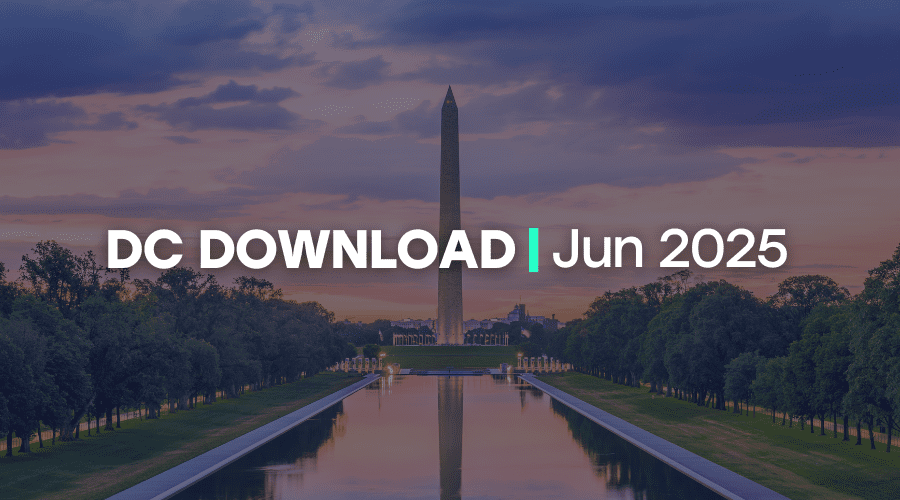February is a short month, but don’t be fooled. There has not been a shortage of action in Congress. Between the State of the Union address and the debt ceiling negotiations, lawmakers have kept busy. If you have been distracted by the Super Bowl or the saga of unidentified objects, fear not. Here is a download of issues in Washington, DC affecting nonprofits:
Legislative Outlook
Uncertainty over how lawmakers will address the federal debt limit, which was reached on January 19, continues to be a primary focus in Washington. Lawmakers likely have until about mid-year to address the issue. President Biden and House Speaker Kevin McCarthy (R-CA) did meet to discuss the debt limit at the beginning of February, and, while there were no breakthroughs, both viewed the meeting as positive. Republicans are demanding accompanying spending cuts, and most Democrats say the issue is non-negotiable and have challenged Republicans to release their spending cut proposal.
Lawmakers have been finalizing committee assignments and processes. Within the appropriations process, House Republicans are still figuring out the details and guidelines for “earmarks,” which allow lawmakers to direct federal funding to support local projects that enhance community priorities. Negotiations are ongoing, and details are tightly held, but the final guidelines could be announced as soon as this month. In the Senate, spending leaders in both parties have already vowed to keep earmarks going this year and have not forecast any major changes to the system.
State of the Union Address
On February 7, President Biden delivered his second State of the Union address. The president struck a mostly optimistic tone, saying that in the last two years the nation had recovered from the depths of the coronavirus pandemic to create 12 million new jobs. The president highlighted several wins within the Inflation Reduction Act (IRA), such as the cap on prescription costs for seniors on Medicare. In his remarks, the president called on Congress to increase the stock repurchase excise tax and to impose a billionaire’s tax. He also promised $2 trillion in deficit reduction in his FY2024 Budget, which will be released on March 9. The president suggested House Republicans should detail their proposed spending cuts, which they are calling for as a condition of allowing a bill addressing the debt limit to advance. The president also called for bipartisan legislation to stop Big Tech from collecting personal data on kids and teenagers online, ban targeted advertising to children, and impose stricter limits on the personal data companies collect.
Foundations on the Hill Returns
The United Philanthropy Forum, in partnership with Independent Sector and the Council on Foundations, is hosting Foundations on the Hill (FOTH) from Monday, February 27 through Wednesday, March 1. This annual national event gathers sector leaders and advocates in Washington, DC to connect, build relations, and influence policymakers about vital legislation for philanthropy and the nonprofit sector.
As partners in this event, Independent Sector will have a strong presence, with Independent Sector President and CEO, Dr. Akilah Watkins; Ben Kershaw, Director of Public Policy and Government Relations, and Allison Grayson, Director, Policy Development and Analysis, all participating as panelists in the FOTH programming. The goal? To educate and inform Congress about the importance of philanthropy, and advocates on policy priorities for the nonprofit sector. You can find the full FOTH agenda, speaker roster, and resources here. And you can follow along on social media at #FOTH2023.
Research on the State of Volunteer Engagement Released
On February 7, the Initiative for Strategic Volunteer Engagement and the Do Good Institute released a report titled “The State of Volunteer Engagement: Insights from Nonprofit Leaders and Funders.” The research provides new insights from more than 1,000 nonprofit CEOs and 100+ funders about the state of U.S. volunteer engagement. Nonprofit organizations continue to face an increase in demand for services, limited resources, and reduced staffing capacity in the wake of a global pandemic, New research, however, finds that volunteer engagement has become more – not less – important to advance their work, with volunteers now harder to engage. It highlights the opportunity for funders to build nonprofit capacity in the post pandemic world.
Ana Montañez is the manager of government relations at Independent Sector.



